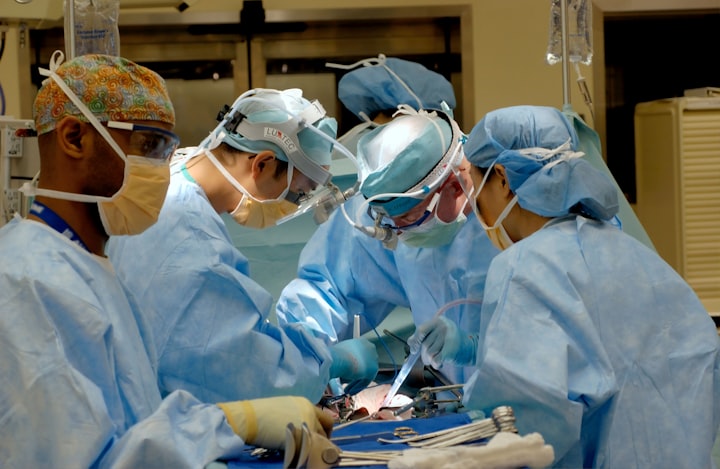Chronic Prostatitis: Is Surgery a Better Way?
Chronic Prostatitis and Surgery

Chronic prostatitis is a common disease of the male genitourinary system. Chronic prostatitis is the chronic inflammation caused by pathogenic microorganism infection or long-term chronic prostate congestion, although no condition exists. The onset of the disease is slow, and the clinical symptoms are complex and non-specific. Patients may have pain in the pelvic region and abnormal urination symptoms such as urgent and frequent urination, dysuria, and increased night urination.
Typically, patients with chronic prostatitis do not need surgery because the maximum interference of chronic prostatitis will cause symptoms to change, commonly seen as tumbling discomfort of the perineum and urinary tract irritation of frequent urination, bifurcate urination, scrotal pain, and so on. These symptoms usually achieve a relatively good therapeutic effect through physical therapy or medication. Surgery is generally not recommended.
Chronic prostatitis does not indicate surgery. If chronic prostatitis is complicated with prostatic hyperplasia in the middle-aged and elderly, there is an indication for surgery, which can be used to treat prostatic hyperplasia. However, only chronic prostatitis is not recommended to do an operation commonly. At the same time, men should also realize that chronic prostatitis is chronic pelvic pain discomfort syndrome. This situation is related to the imbalance of the body's immunity and the imbalance of cellular inflammatory molecules, which is not suitable for surgery in this case.
Chronic prostatitis is a significant disease that interferes with the quality of life of men, and its surgical options are not easy to choose.
Chronic prostatitis patients are primarily young and middle-aged. People who suffer from prostate surgery resection will cause damage or complete loss of sexual function, resulting in more severe pain. In addition, the inflammation of the prostate causes the adhesion of glandular tissue and its surrounding, intraoperative bleeding is easy, and glandular tissue is challenging to remove. It's not only are postoperative symptoms not alleviated, but they also cause more pain due to many side effects. Therefore, it is not recommended to use surgical treatment clinically.
So how to treat chronic prostatitis?
1. General treatment
Increase physical exercise appropriately. Exercise makes people happy, the body healthier, and builds up disease resistance. Next is to regulate your emotions, so your confidence in treating the disease will increase. Resolutely end drinking and eating chili, green onion, raw garlic, and other spicy food. To reduce prostate congestion, you should keep a normal bowel movement and not always sit.
2. Anti-infective treatment
Quinolones and sulfonamides are used in treatment primarily. You may take drugs from four to eight weeks, depending on the condition. In addition to non-bacterial chronic prostatitis disease, most chronic prostatitis in drug treatment can be effective about four weeks.
3. Traditional Chinese Medicine treatment
Its primary treatment principle is to clear heat and remove stranguria, remove the fiery gas in the body, remove blood stasis, eliminate turbidity, and promote blood circulation. You can choose the medicine Diuretic and Anti-inflammatory Pill, whose therapeutic effects will be apparent.
Warm tips:
The treatment of chronic prostatitis is a long process. Patients often spend much time, energy, and financial resources, but the symptoms are still not evident. Therefore, many patients will lose confidence in curing the disease psychologically and live under a sense of frustration for a long time, which seriously affects their normal life and work.
If patients can re-examine their diseases, they will find that the symptoms of the disease fluctuate, which is often related to their mood and mental state. When they are in a happy mood or are more engaged in work and study, they often feel fewer symptoms or no pain.
When they are depressed, they will feel worse. And this feeling may aggravate the illness. In turn, it makes the mood more depressed, thus forming a vicious cycle and continuous depression.
Therefore, patients should adjust their psychological state and maintain a positive attitude towards life.
About the Creator
Amanda Chou
Looking to restore your life troubled by prostatitis, epididymitis, seminal vesiculitis and other male reproductive system diseases? Here are the resource to help you in this endeavor.






Comments
There are no comments for this story
Be the first to respond and start the conversation.